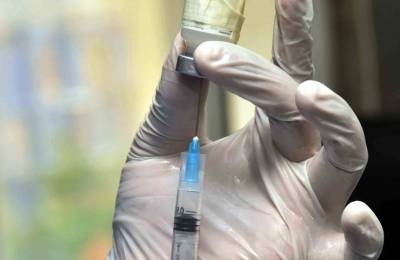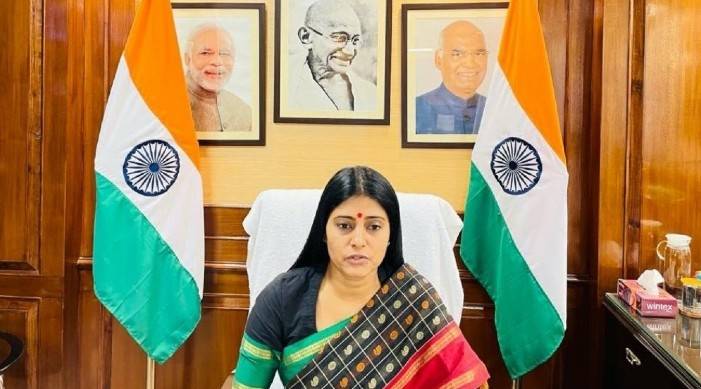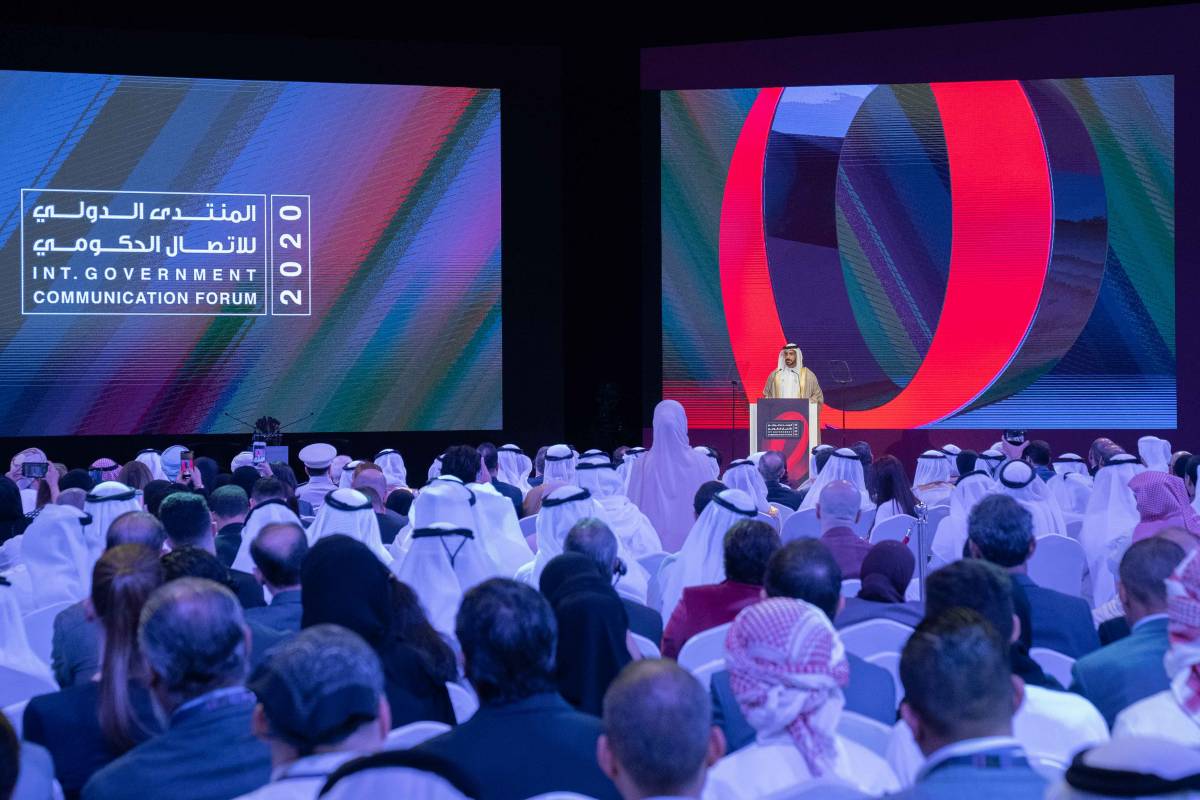According to the Minister of State for Commerce and Industry, India endorses the concept of working towards ensuring transparent, trustworthy, dependable and reliable supply chain….reports Asian Lite News
India is willing to collaborate with East Asian partners in the production of generic drugs and medical technologies used for treatment of Covid-19 patients, as also in the area of vaccines production, Minister of State for Commerce and Industry Anupriya Patel has said.
While attending the 9th EAS-EMM (East Asia Summit-Economic Ministers’ Meeting) via webinar, Patel said on Wednesday that 70% of the global vaccines are produced in India.
“Our capacity to produce quality medicines and vaccines at affordable prices are globally recognised,” she pointed out.
She observed that though the abundance of trade agreements in Indo-Pacific has led to a decline in tariff rates over time, non-tariff measures act as a major trade barrier in the region.
The world needs meaningful partnerships, sharing of advanced technologies, collaboration in vaccine and pharmaceutical production, capacity building and transparency in health information, the Minister noted.
Reiterating that in an interconnected and globalized world, no one is safe until everyone is safe, she said that India looks forward to an early outcome on the TRIPS Waiver proposal for vaccines, therapeutics and diagnostics.
India recognizes that the international community has a collective responsibility to work together against the Covid-19 pandemic in the true spirit of partnership within existing international frameworks, she argued.

According to the Minister of State for Commerce and Industry, India endorses the concept of working towards ensuring transparent, trustworthy, dependable and reliable supply chain.
She said India is a part of the ‘Supply Chain Resilience Initiative’ launched in September 2020, as a firm step towards building resilient supply chains in the region.
Explaining that global and equitable vaccine roll-out is a prerequisite for the strong and sustained global recovery, the Minister said despite numerous challenges and constraints, India has successfully administered over 740 million vaccine doses.
“Various immediate supportive actions taken by India, including the milestones reached in vaccination helped us to manage the pandemic crisis. We have learnt lessons, adapted our approach and fine-tuned our systems as we went along,” Patel argued.
She held that in spite of hitherto available scientific evidence and literature confirming that the COVID 19 virus cannot survive on surfaces and food packages, the exports, especially the agri exports, of many countries, including India, faced restrictive measures on account of COVID concerns on the packaging.
At a difficult time when the world was already reeling under lockdowns and supply chain disruptions, such restrictive barriers created by certain countries added to the existing vulnerabilities, which was not in the interest of regional trade, Patel mentioned.
Facilitating exports of essential goods and food products are important for food security and wellbeing of people, she said.
India reiterates the need for fair, transparent, reciprocal and inclusive trade which promotes the interest of all, the Minister argued.
She stated that India endorses the concept of working towards ensuring trustworthy and reliable supply chain.
While acknowledging the progress achieved so far, India would like to emphasise the need to further strengthening the EAS work processes for appropriate coordinated responses to the pandemic, learning from each other’s best practices, the Minister added.
India acknowledges that innovation and adaptation by businesses is crucial in maintaining the value chains’ resilience, she said.
The Minister also stated that India appreciates how the dynamic firms in the EAS region were able to quickly re-arrange the supply chains and relationships in response to the disruptions and the demand shocks.
The need for adopting emerging new technologies, in a swiftly changing world is recognized as an important tool for modernization and transformation of industry, she added.
Highlighting that the emergence of AI-based innovations in future is inevitable, the MoS added that we also need to acknowledge the challenges of data protection and cyber security arising from the unprecedented growth of AI technologies.
She pressed that trade should become the engine for reviving global growth. It requires strengthening the Multilateral Trading System, with WTO at its core, based on the principles of openness, fairness, transparency, inclusivity and non-discrimination. It should provide for robust rules for global trade.
Noting that ‘Acting East’ is now a central element in India’s Indo-Pacific vision, she said India wants to see a strong, unified and prosperous ASEAN playing a central role in the emerging dynamic of the Indo-Pacific.
“We see a great deal of convergence between India’s vision for the Indo-pacific and the ASEAN Outlook on Indo-Pacific,” she pointed out. (India News Network)














